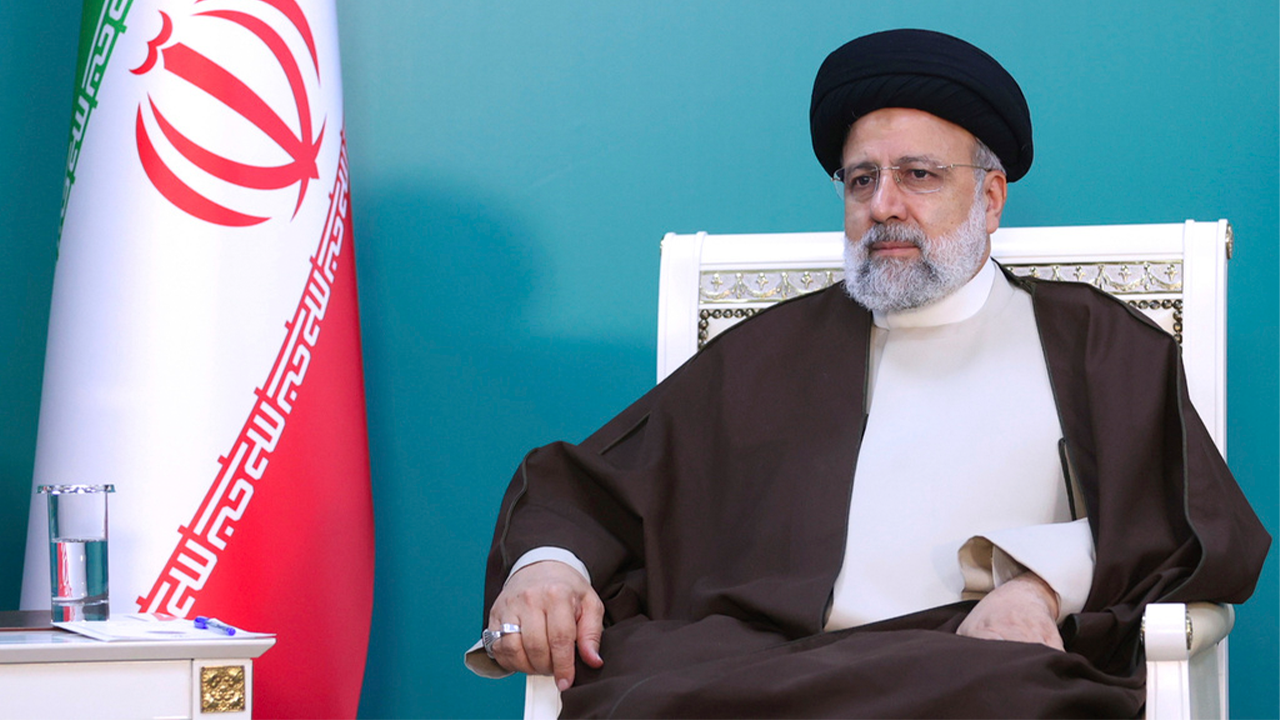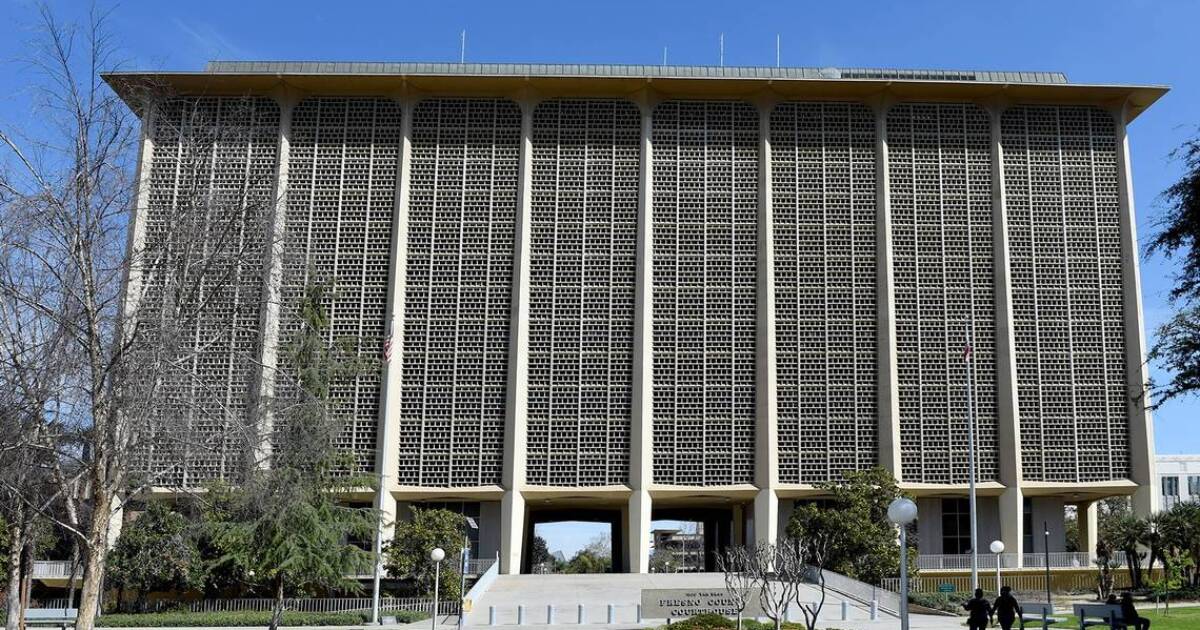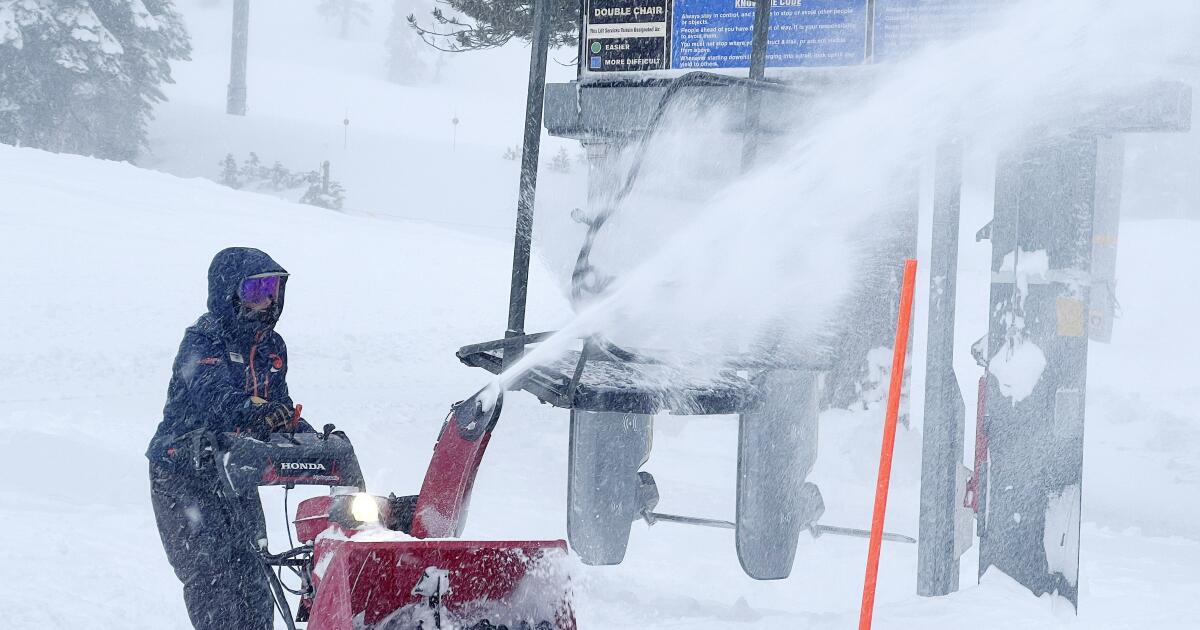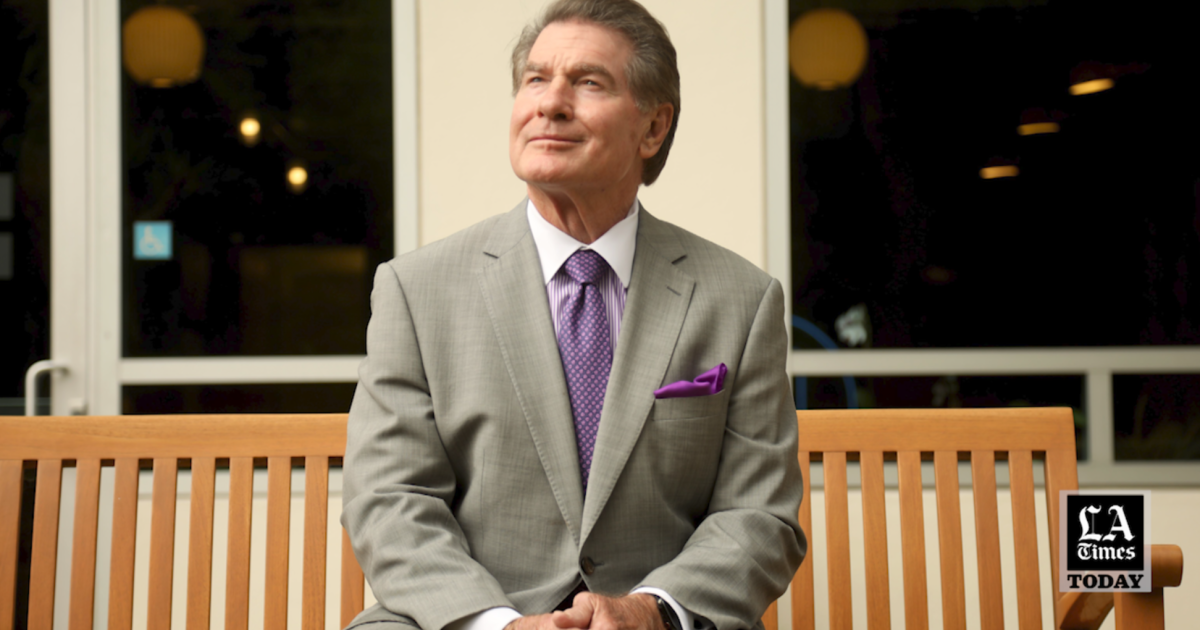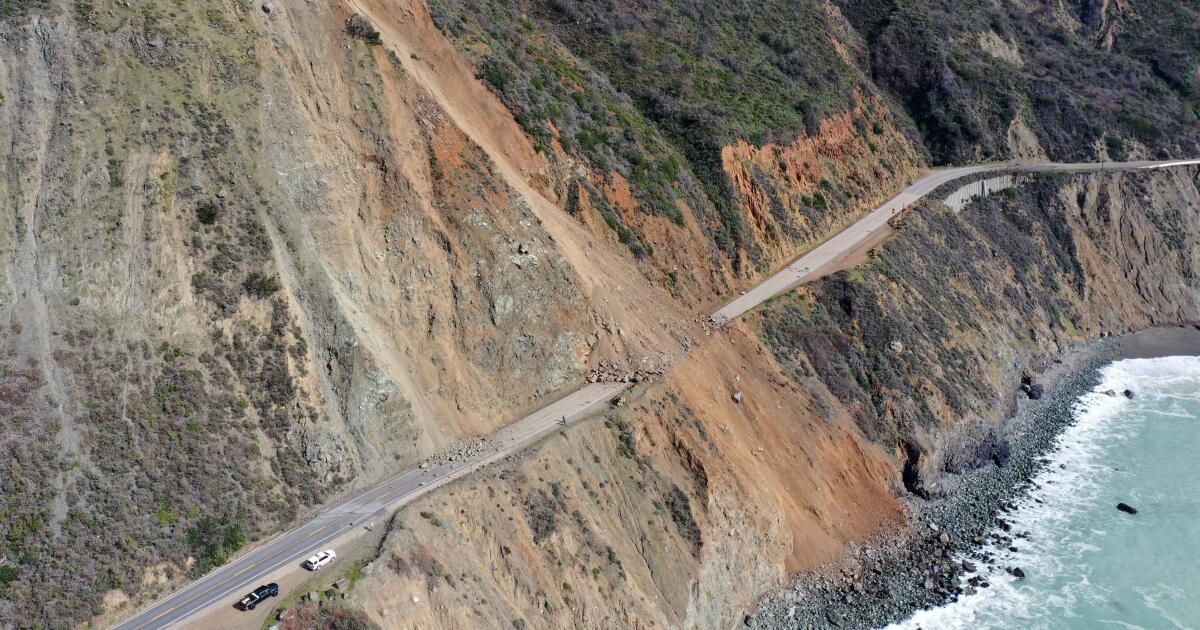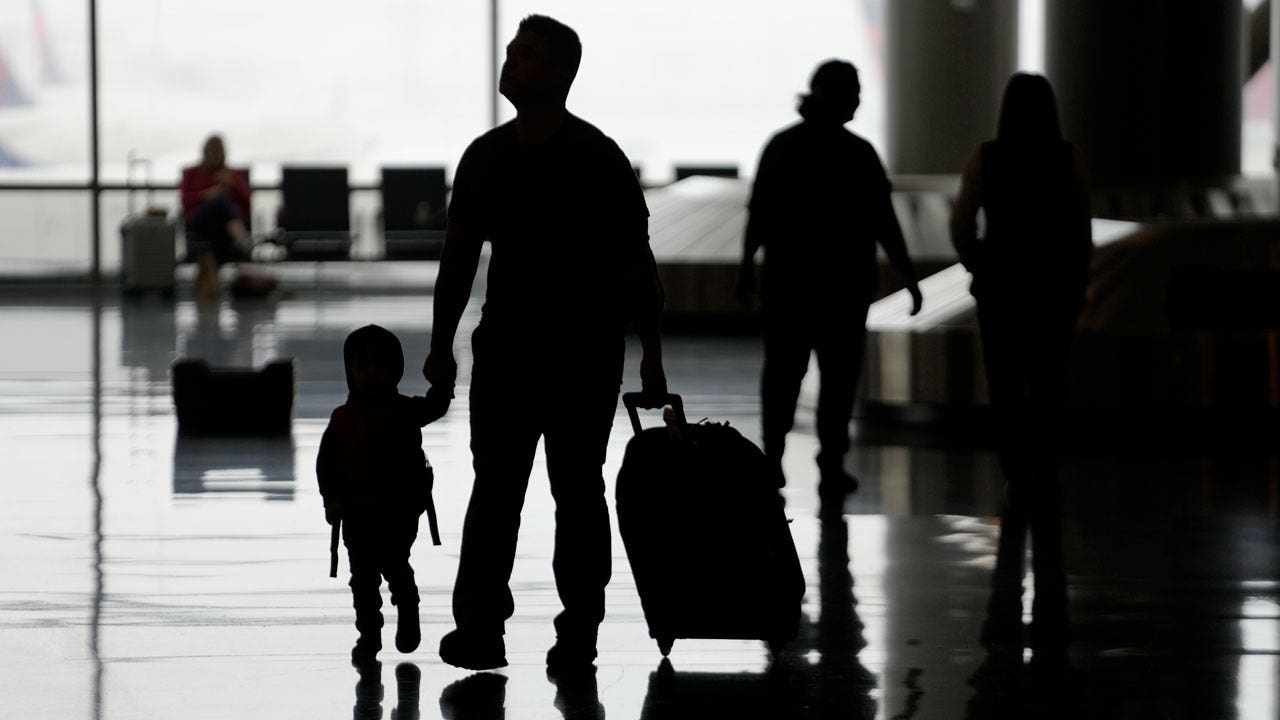A helicopter carrying Iranian President Ebrahim Raisi crashed on Sunday in the Iranian province of East Azerbaijan, in a fog-covered forest.
As multiple emergency teams instigated search and rescue operations, speculation increased about what would happen in the event of Raisi's death and what it would mean for Iran's internal affairs.
Fox News Digital spoke with Behnam Ben Taleblu, an Iranian security expert at the Foundation for Defense of Democracies (FDD), to discuss the implications for Iran's domestic politics.
The helicopter crash, Taleblu noted, comes after years of growing street protests against the regime, as well as plummeting turnout in elections.
HERE IS EXPLAINED HOW TO REDUCE ISLAMIC TERRORISM AROUND THE WORLD AND WEAKEN THE IRANIAN REGIME
In this photo released by the Iranian Presidential Office, President Ebrahim Raisi attends a meeting with his Azeri counterpart Ilham Aliyev during the inauguration ceremony of the Qiz Qalasi Dam, or Girl's Castle in Azeri, on the border between Iran and Azerbaijan, Sunday in May. 19, 2024. (Iranian Presidency Office via AP)
“Raisi was a symbol of the hard right turn of what remains of the ruling elite of the Islamic Republic of Iran,” Taleblu said. “He represents a kind of second generation in which loyalty and zeal, rather than ability and competence, were key factors in his political rise.”
Taleblu noted that Raisi has had blood on his hands for decades, having been involved in the mass execution of prisoners in the late 1980s.
Raisi, now 63, previously headed Iran's judiciary. He ran unsuccessfully for the presidency in 2017 against Hassan Rouhani, the relatively moderate cleric who, as president, reached Tehran's nuclear deal with world powers in 2015.
In 2021, Raisi became president of Iran in an election in which all of his potentially prominent opponents were banned from running under Iran's vetting system. He won nearly 62% of the 28.9 million votes, the lowest percentage share in the history of the Islamic Republic. Millions of people stayed home and others canceled their votes.
IRANIAN LEGISLATORS DECLARE THAT TEHRAN OBTAINED NUCLEAR BOMBS
While it's a powerful position on paper, Raisi “doesn't have an internal organic social support base,” Taleblu said. “He is really a vehicle for the consolidation of the far right in Iranian Islamic politics.”
Raisi has long been seen as a protégé of Iran's supreme leader and a potential successor to his position within the country's Shiite theocracy. But with Raisi potentially out of the way, Taleblu said, “the short list would have gotten even shorter.”
“Another person on that list who would benefit significantly from this is Ayatollah Ali Khamenei's son, Mojtaba, who right now basically wields power without accountability. And many allege that he is interested in becoming the next supreme leader, or that can be. competing to also become the next supreme leader,” Taleblu said.
Iran is ultimately governed by its supreme leader, 85-year-old Ayatollah Ali Khamenei. But as president, Raisi supported the country's enrichment of uranium to near weapons-grade levels, as well as hindering international inspectors as part of his confrontation with the West.
Raisi also supported the attack on Israel in a massive assault in April in which more than 300 drones and missiles were fired at the country in response to an alleged Israeli attack that killed Iranian generals at the country's embassy compound in Damascus, Syria, which in itself is an extension of a year-long shadow. war between the two countries.
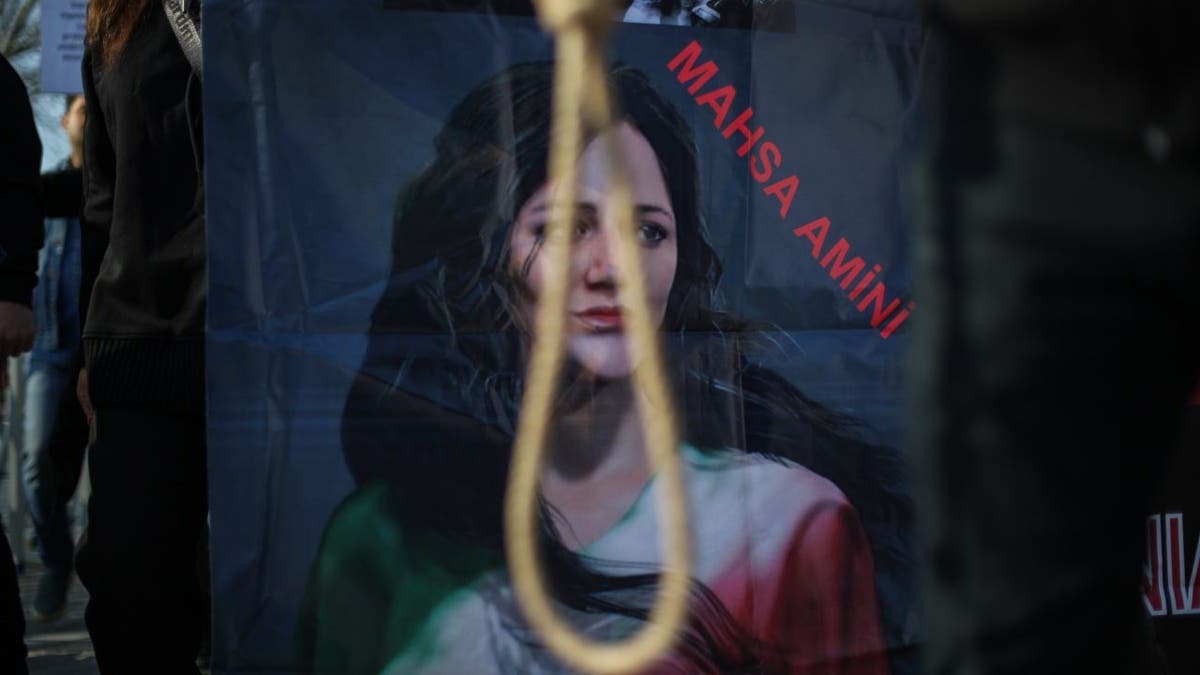
Protests continue in Iran, which began with the death of 22-year-old Mahsa Amini after being arrested for failing to comply with rules on wearing the headscarf. (Hakan Akgun/dia images via Getty Images)
He also supported the country's security services as they cracked down on all dissent, even after the death of Mahsa Amini in 2022 and the nationwide protests that followed.
CLICK HERE TO GET THE FOX NEWS APP
The months-long security crackdown killed more than 500 people and detained more than 22,000. In March, a United Nations investigative panel found that Iran was responsible for the “physical violence” that led to Amini's death after she was arrested for not wearing a hijab, or headscarf, as authorities liked.

